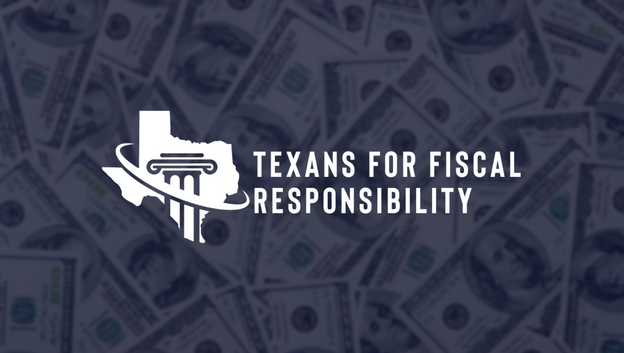
As the smoke begins to clear after the conclusion of the regular 88th Legislative Session and two special sessions, Texans are beginning to examine the myriad of both progress and damage accomplished by the Texas Legislature.
In the damage category, this session saw the Legislature smashing records with historic levels of government growth and spending. State spending for the next biennium topped more than $233 billion, with the largest growth in spending in Texas history, around a 40% increase compared to the previous biennium.
“Nearly $18 billion … is being funneled, one way or another, to private businesses.”
Many Texans are unaware that a sizable chunk of that $233 billion is spent in the form of corporate welfare. Corporate welfare can be defined as government assistance, or support that is provided to a private business by tax incentives, subsidies, or the government simply picking winners and losers.
In other words, billions of Texans’ hard-earned money—nearly $18 billion, to be specific—is being funneled, one way or another, to private businesses under the guise of economic development by the State of Texas.
The examples are numerous: $155 million was appropriated to the Film Incentive Program, giving handouts to Hollywood. $1.5 billion in grants to broadband companies, nearly $700 million to companies for computer chip development, more than $11 million for hotel and convention center projects, nearly $2.2 billion for hospital construction, $5 billion for the Texas Energy Loan Program, and an estimated hundreds of millions of dollars in school property tax abatements (essentially tax breaks) for big businesses in HB 5, the Chapter 313 replacement program.
Many of these programs and investments sound good at first. But the devil is in the details. The question we must be asking is simply this: Should the State of Texas be picking winners and losers in the private sector, in what is supposed to be a free-market system? And more importantly, should they be using billions of taxpayer dollars to do it, especially when normal Texans are struggling to pay their taxes to keep their homes and small businesses?
The estimated state surplus (over-collected tax dollars) was approximately $33 billion. More than half of that surplus went toward corporate welfare, and despite the fake property tax relief number that many politicians are parroting, the Legislature could only find $12.7 billion in new property tax relief to provide to Texans.
It is interesting to note that this type of government spending is universally opposed by both major parties. For example, the Republican Party of Texas platform states:
We support repealing Tax Code Chapter 312 county and municipal property tax abatements, and we oppose reintroducing school property tax abatements, formerly known as Chapter 313.
Similarly, the Texas Democrat Party platform says:
Eliminate tax loopholes and unproductive special breaks to simplify the tax system and provide revenue for essential services.
Prohibit “corporate welfare” incentives that pit states and communities against each other.
One must wonder, then, when both major parties are opposed to the same type of government action, why is it still occurring? Why are politicians still doling out taxpayer money to big businesses?
Thankfully, Texans still have a say in this debacle. Nearly $10 billion of this corporate welfare requires the adoption of constitutional amendments, which are only adopted if a majority of Texans vote in favor of them at the ballot box. This November, the constitutional amendments authorizing billions in corporate welfare will be up for a vote.
Perhaps it is time for Texans to stand up for their own pocketbooks, rather than the balance sheets of big business.
Perhaps in November, it is time for Texans to tell Austin “no.”
Texans for Fiscal Responsibility relies on the support of private donors across the Lone Star State in order to promote fiscal responsibility and pro-taxpayer government in Texas. Please consider supporting our efforts! Thank you!
Get The Fiscal Note, our free weekly roll-up on all the current events that could impact your wallet. Subscribe today!




